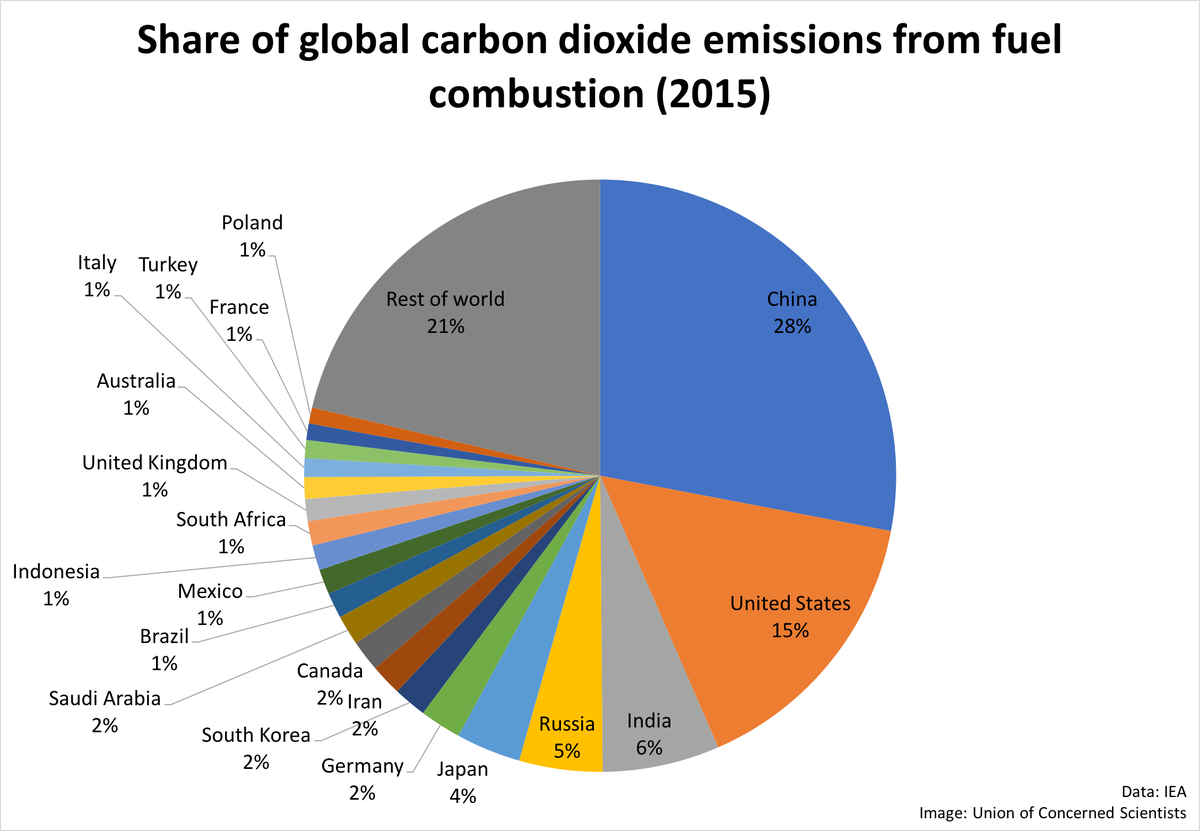a) Makes a meaningful impact.
b) Addresses problems the market isn't addressing itself.
c) Is cost-effective.
d) Is actually passable.
Let's start with impact. 2/

a) An ARPA-A in the Dept of Ag, driving science to remove methane from livestock & otherwise tackle ag & deforestation.
b) Incentives for farmers to adopt new tech to reduce methane & other emissions. 17/
d) Tax breaks and subsidies to deploy those technologies to industry (as Germany did w/ solar & wind) to help scale them and drive down price. 18/
Is the #GND cost effective? So vague that it's hard to say. But I doubt it. Market mechanisms (like auctions for power) are great for cost. GND seems to avoid them. Markets work when you direct them properly. Use them. 19/
Maybe the point of the GND is to move the Overton Window
But, from my POV, the #GreenNewDeal makes it *harder* to pass good climate legislation, not easier. 21/
- The Federal solar and wind tax credits (ITC & PTC)
- Federal EV tax credit
- Renewable Portfolio Standards in 29 states. 22/
- Permanent extension of solar ITC, and wind ITC same as solar.
- Fast-track new electricity transmission.
- Extend the EV tax credit & remove the cap.
- Tax breaks for heat pumps & building efficiency 29/








